Renting a semi-trailer can be a daunting task, particularly if you’re unfamiliar with the logistics and regulations surrounding this specialized equipment. Whether you are a business looking to transport goods or an individual needing to move heavy items, understanding the nuances of renting a semi-trailer is critical for a seamless experience. In this guide, we will outline essential considerations, step-by-step instructions, and tips to help you navigate the semi-trailer rental process effectively.
1. Understanding Types of Semi-Trailers
Before diving into the rental process, it is vital to familiarize yourself with the various types of semi-trailers available. Each type serves a different purpose and comes with its own specifications.
| Type of Semi-Trailer | Description | Ideal Uses |
|---|---|---|
| Flatbed Trailer | Open trailer with no sides or roof. | Transporting heavy machinery, building materials, and large equipment. |
| Reefer Trailer | Refrigerated trailer designed for temperature-sensitive goods. | Transporting perishable food items, pharmaceuticals, and other temperature-controlled products. |
| Dry Van Trailer | Enclosed trailer providing protection from elements. | Ideal for transporting boxed goods, furniture, and electronics. |
| Lowboy Trailer | Low-profile trailer designed to carry heavy loads. | Heavy equipment transport like construction machinery and large vehicles. |
| Tank Trailer | Designed to transport liquids or gases. | Moving chemicals, fuel, and other bulk liquids. |
By understanding the specifications and optimal use cases for each trailer type, you can better tailor your rental choice to meet your needs.
2. Assessing Your Needs
A comprehensive assessment of your requirements is a pivotal step in ensuring that you select the right semi-trailer. Consider the following factors:
- Load Capacity: Calculate the weight and volume of the items to be transported. Ensure that the chosen semi-trailer can accommodate these specifications.
- Distance: Factor in how far the trailer will need to travel. Some trailers may be more efficient or appropriate for long-distance hauls versus local deliveries.
- Duration of Rental: Determine how long you need the trailer. Rental costs can vary considerably depending on whether you need it for a few hours, days, or weeks.
- Transport Mode: Will the trailer need to be on public roads, or will it be used on private property? Some trailers are specifically designed for highway use, while others are better suited for off-road applications.
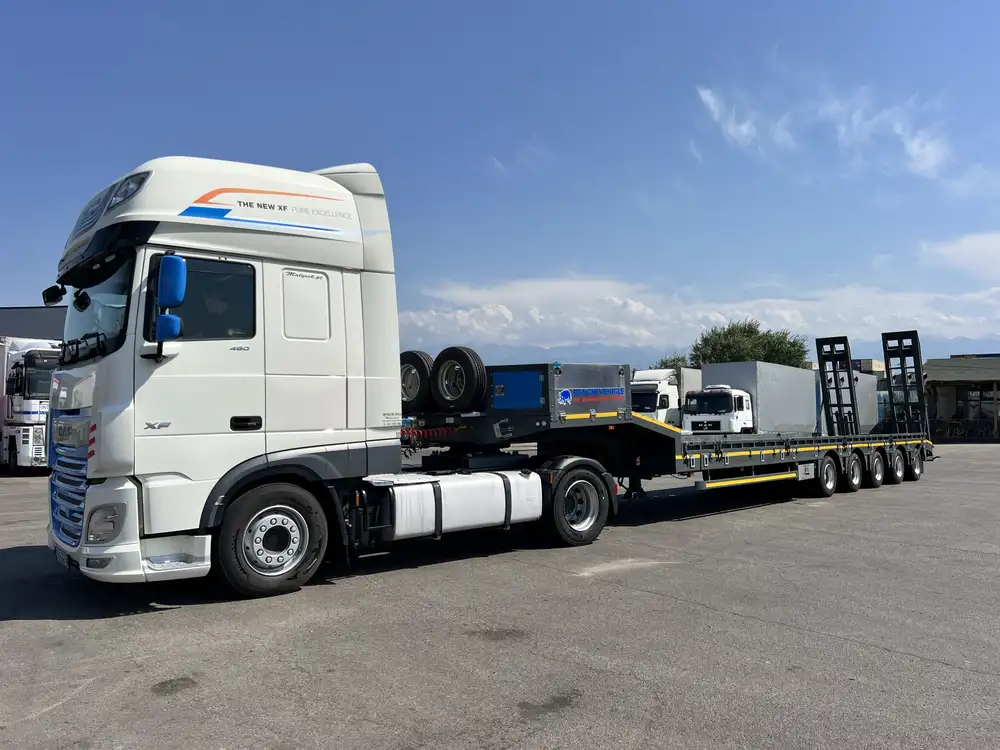
3. Rental Companies: Choosing the Right Partner
Selecting a reputable rental company is crucial in ensuring your satisfaction and success throughout the rental process. Follow these guidelines:
3.1 Research and Reviews
- Look for companies with a proven track record in the semi-trailer rental industry.
- Read customer reviews on third-party platforms to gauge user experiences and satisfaction levels.
3.2 Compare Pricing and Services
- Obtain quotes from multiple rental companies. Keep in mind that the cheapest option isn’t always the best.
- Assess what services are included in the rental agreement, such as maintenance, insurance, and 24/7 support.
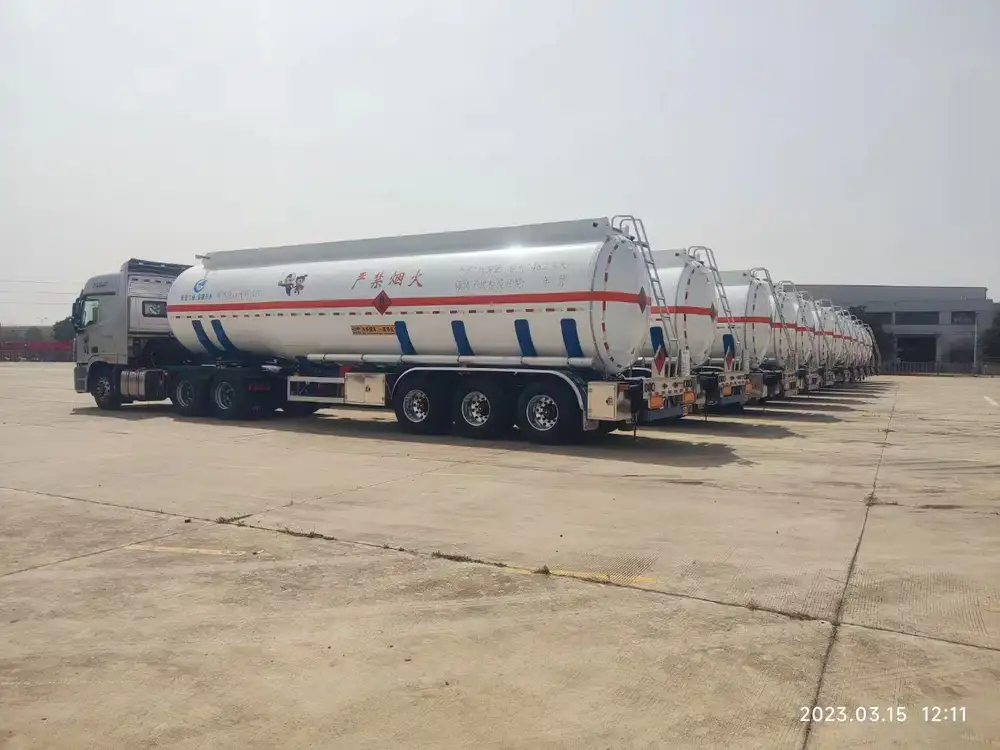
3.3 Check Fleet Availability
- Ensure that the rental company has the specific type of semi-trailer you need available during your required rental period.
- Ask about the age and condition of the fleet to avoid breakdowns during your rental period.
4. What to Expect in the Rental Agreement
Once you have chosen a rental company, it is important to understand the rental agreement’s specifics. This document is legally binding and protects both parties involved. Key components include:
4.1 Rental Period and Fees
- Clarify the rental duration and any associated fees, including daily rates, mileage charges, and potential late fees.

4.2 Insurance Requirements
- Confirm whether you need to provide insurance or if it is included in the rental.
- Understand the coverage limits and liability in case of damage or theft.
4.3 Maintenance and Repairs
- Know who is responsible for maintenance during the rental period.
- Ensure there’s a clear procedure regarding breakdowns or accidents that occur while the trailer is in your possession.
4.4 Return Conditions
- Understand the conditions under which the trailer must be returned.
- Take note of any penalties for late returns or damages incurred while the trailer is rented.
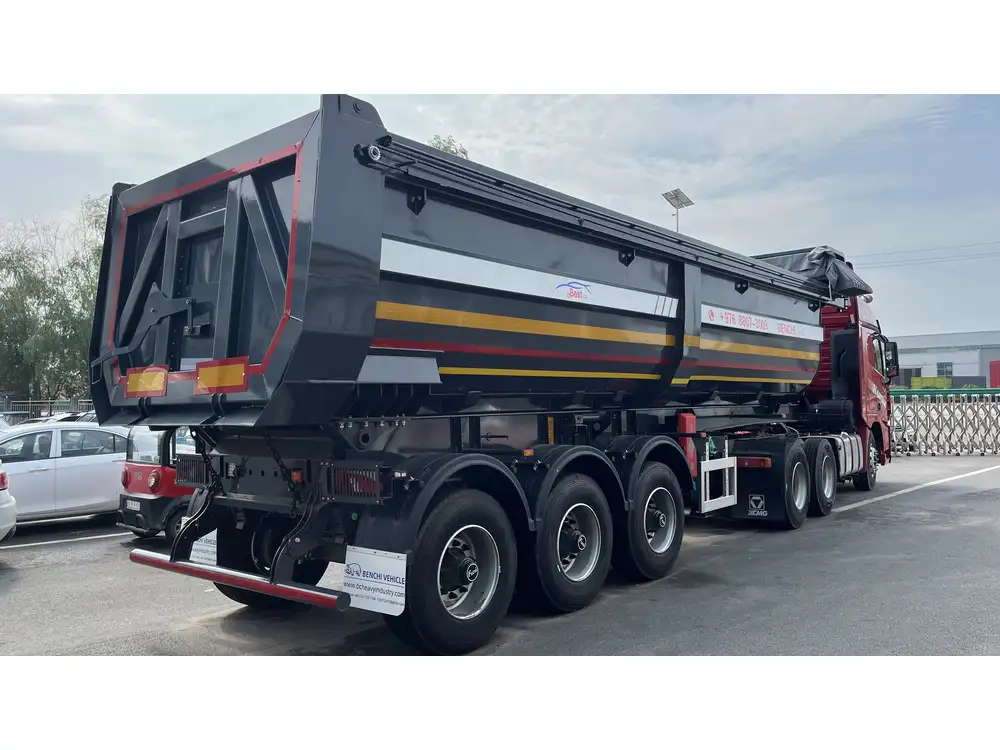
5. Preparing for Semi-Trailer Rental
After finalizing your rental agreement, preparation is crucial for an efficient loading, transport, and return process. Here are essential steps:
5.1 Verify Equipment Compatibility
- Ensure your vehicle is compatible with the semi-trailer in terms of hitch capacity and braking system.
- Consider any additional equipment, such as load straps, tarps, or specialized loading ramps.
5.2 Documenting the Condition
- Before taking possession of the trailer, document any pre-existing damages with photographs and notes.
- Confirm that the trailer is equipped with all necessary safety features, including lights, brakes, and reflectors.

5.3 Loading Procedures
- Follow industry standards for loading to balance weight effectively and avoid rollovers.
- Use appropriate loading techniques to minimize potential damage to both the cargo and the trailer.
6. Best Practices During Rental
Now that you have the semi-trailer, keeping several best practices in mind will ensure a smooth rental experience.
6.1 Regular Inspections
- Conduct frequent inspections of the trailer during the rental period. Look for issues such as tire pressure, brake functionality, and any signs of wear or damage.
- Keep a checklist for inspections to ensure you don’t overlook any vital safety elements.

6.2 Adhere to Weight Limits
- One of the most common issues during semi-trailer rentals involves exceeding weight limits. Be careful to adhere to the designated weight for both safety and compliance.
- It is advisable to weigh your load before hitting the road if there is any uncertainty regarding the total weight.
6.3 Safe Driving Practices
- Maintain a safe driving speed and distance, given that semi-trailers have longer stopping distances.
- Be alert for changing road conditions and adjust your driving accordingly.
7. Returning the Semi-Trailer
As your rental period draws to a close, the return process is pivotal to avoid any conflicts. Follow these steps for a smooth return:
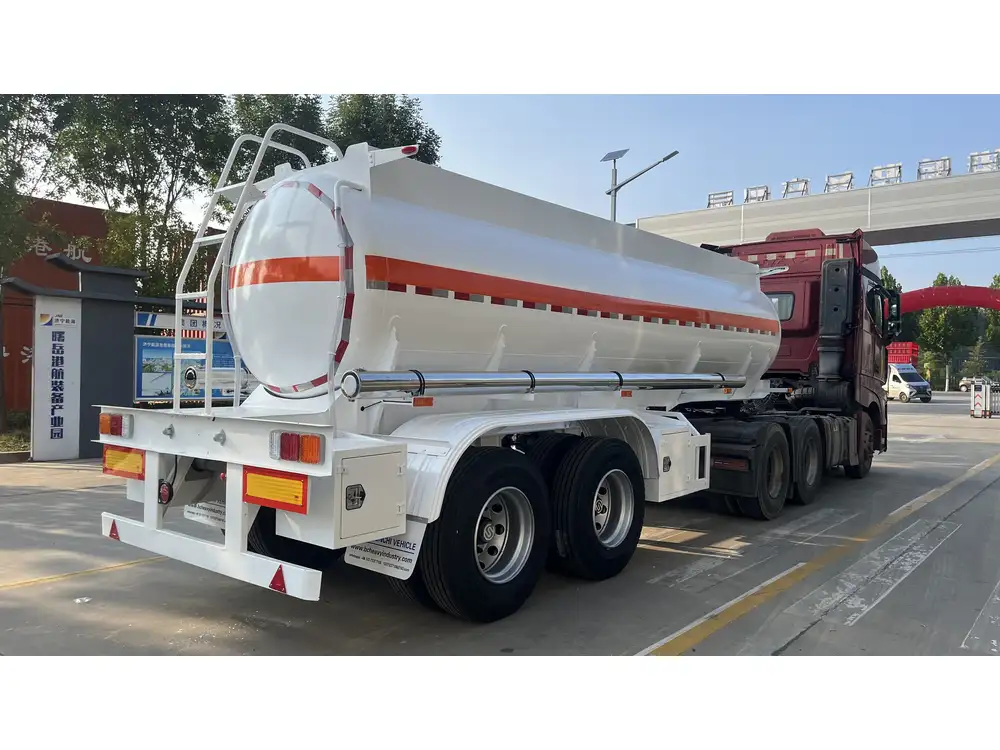
7.1 Clean the Trailer
- Clean the interior and exterior of the trailer, removing any debris and leftover cargo. This can mitigate cleaning fees.
- Ensure that all equipment provided is returned with the trailer.
7.2 Conduct Final Inspection
- Conduct one final inspection alongside the rental company representative to confirm the trailer’s condition.
- Document any changes in condition since the initial pickup to avoid misunderstandings.
7.3 Review Rental Agreement
- Go through the rental agreement to ensure compliance. Ensure that all terms, including insurance and fees, are satisfied before signing off on the return.
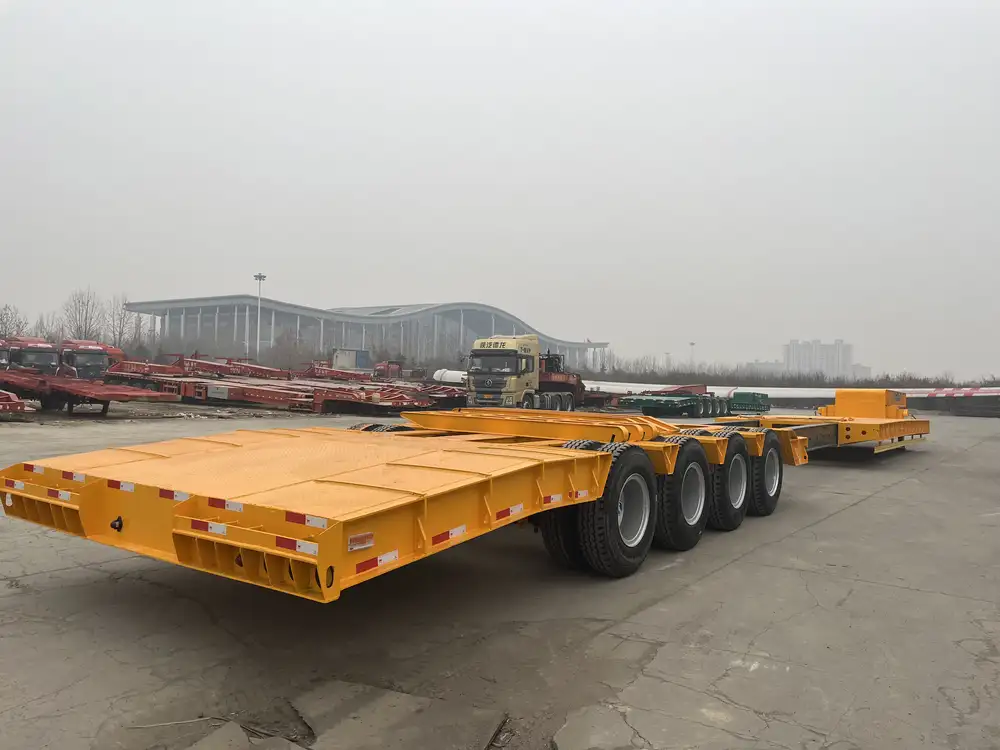
8. Frequently Asked Questions
What if I need to extend my rental period?
Most rental companies allow extensions, but you must communicate this at least one day before the original due date to avoid penalties.
Can I rent a semi-trailer without a commercial driver’s license?
Renting a semi-trailer may require a commercial driver’s license (CDL) depending on the size and weight of the trailer. Check local regulations for specifics.

Are there age restrictions for renting a semi-trailer?
Typically, rental companies require individuals to be at least 21 years old, though some may set the minimum age at 25.
What happens if I damage the trailer?
If damages occur during the rental period, it’s crucial to refer to your rental agreement’s clauses regarding liability. Contact the rental company immediately to report the issue.
Conclusion
Renting a semi-trailer involves a multi-faceted approach that requires careful consideration and proactive management. By understanding the types of trailers available, assessing your needs, selecting a reputable rental company, meticulously reviewing your rental agreement, and following best practices, you can ensure a successful rental experience. Knowledge of the return process and addressing potential concerns upfront will further enhance your efficiency and satisfaction. Happy renting!



